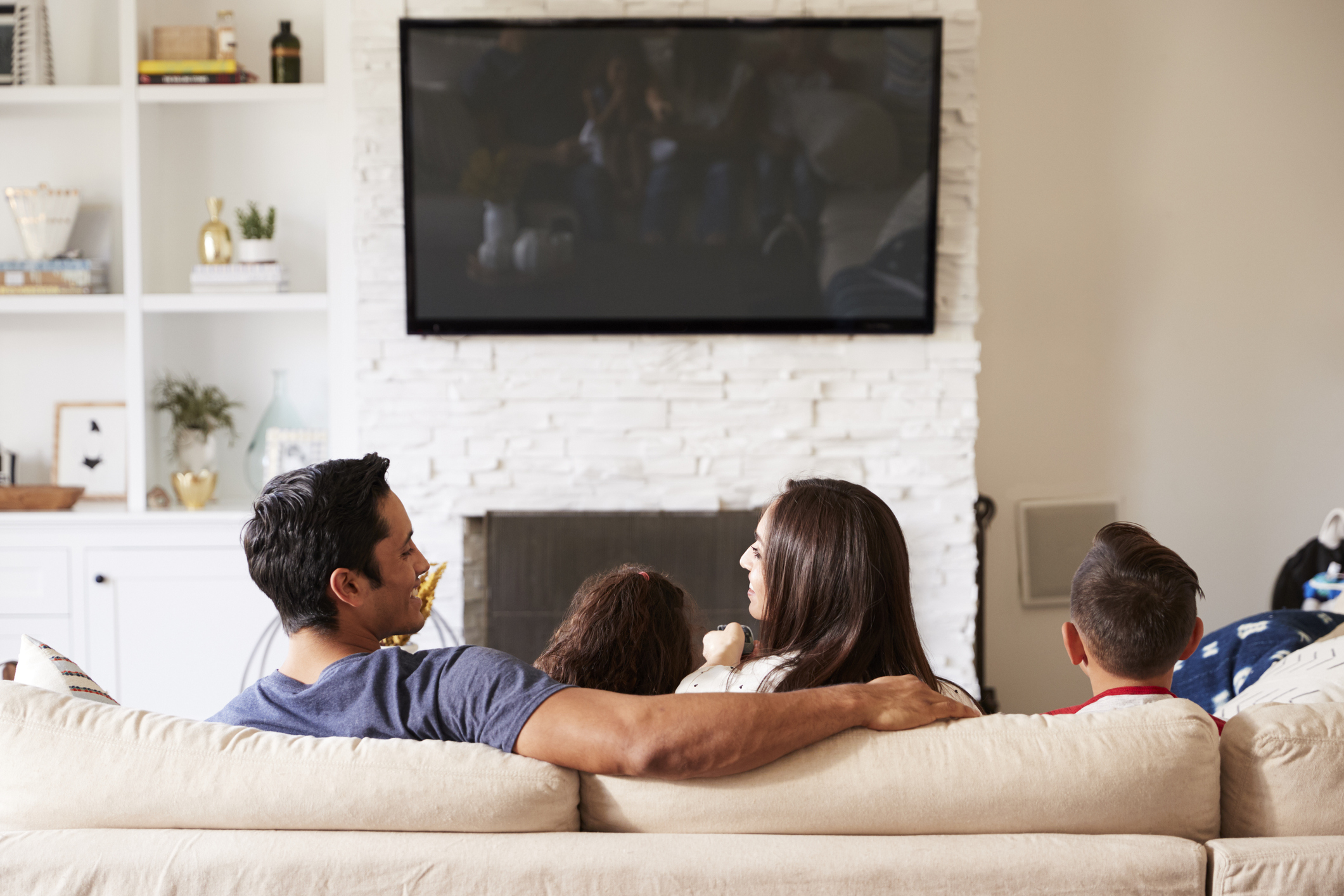Does media influence culture or does culture influence media? People have debated this question for a long time. Do we watch things that reflect who we are and what we believe? Or, do the things we watch impact who we are and what we believe? Whichever side of this argument you find yourself on, it’s clear that oftentimes respect for human dignity is lost in modern media.
Let’s start by defining the term, human dignity. Human dignity is the right of a person to be valued and respected simply for the sake of their humanity. In our Constitution we talk about this in terms of “inalienable rights” that are granted by God to all people. In Christianity we talk about the truth that because mankind is made in God’s image (the imago dei), every man and woman has inherent value. Throughout the New Testament, Jesus reiterates this truth through his commands to love others, and through his example of breaking cultural norms and associating with people groups that others considered unclean and “less than.”
Though we all fall short in following Christ’s example perfectly, I wonder to what degree media—including social media—impacts our appreciation for human dignity. Here are just two ways that our media may be subtly chipping away at the way we value others:
1. Media Shows People as Dispensable
I’m a fan of the Mission Impossible movie series. In the most recent movie, Fallout, Tom Cruise’s character, Ethan Hunt, has to make a choice between saving his team or recovering plutonium that could put the entire world at risk of a nuclear attack. Hunt chooses his team and they spend the rest of the movie trying to compensate for it. Though countless people die throughout this movie, viewers come to understand that Hunt’s heart is to save everyone. In fact, he doesn’t even kill his biggest adversary when given the chance. Instead, he hopes to see him brought to justice.
Yet most action movies and television shows depict people as dispensable. We laugh when the bad guys get what’s coming to them. Primetime crime shows feature a new murder each week where an innocent life is taken to “cover the tracks” of another’s misdeeds. Even shows that aren’t about murder teach us to “trounce on your opponents if that’s what it takes to get ahead.”
We learn not just to cheer for the good guys, but to also cheer when the bad guys are dead. Storylines ensure that our allegiance to one side will be so strong that we won’t care when all others are obliterated. Though the Bible tells us that every life is valuable and has a purpose, stories in movies and television encourage us to value our own life above others. Without revisiting the debate as to whether watching violence makes one more violent, we can probably all agree that our entertainment influences how we perceive themes like justice, dignity, and human rights.
2. Media Teaches that an Unborn Baby is Not Yet Human
Sadly, most of what we see in television and movies today teaches that unborn babies are as dispensable as extras in a horror movie. The baby’s human dignity is ignored in exchange for what the mother needs or wants. While science clearly shows us that an embryo is a living and distinct human being inside the mother’s womb, the media often prefers to ignore this truth.
In the winter premiere episode of This is Us, we find out that Chrissy Metz’ character, Kate Pearson, had an abortion at age 18. More than twenty years later she confesses this to her husband. Kate explains that she wasn’t ready to be a mother and she didn’t want to be tied to the baby’s father—a dead-beat dude who worked at a music store and abused Kate.
And it’s that last fact that makes matters muddy. Viewers hate Marc. It’s easy to cheer and say Kate made the right decision because, well, who would want to be tied to him? While the show’s writers lead you to a place of deeper understanding of the shame and trauma that Kate experienced in that relationship and its aftermath (as evidenced by the fact that she’d never told anyone about this before and how she confesses to what a “dark time” it was for her), grief over the loss of the baby is conspicuously missing. Kate has struggled with infertility, but acknowledgement of this baby’s loss is absent. Kate starts the conversation by affirming she doesn’t regret the decision.
This matches what we see most in mainstream media, yet the data doesn’t back it. Women who have experienced abortion do have regrets and experience adverse affects related to their decision. But the narrative we watch (and what our children see—more on that in a forthcoming post) in mainstream media paints a different story about what abortion really is, ignoring the sanctity of human life.
So is media our creation, or are we becoming increasingly its? I think the truth lies somewhere in between. I think that is why Paul challenges us to wrestle with the content we choose to watch, the thoughts, ideas, and images that make up our entertainment. If we find that the media we consume makes it easier for us to disregard the value of a human life, born or unborn, then it's time we do what Paul said. “Take those thoughts captive to Christ” and submit them to His authority in prayer.
Watch for the next installment of the Human Dignity series where we talk about how social media impacts our view of the sanctity of life.





